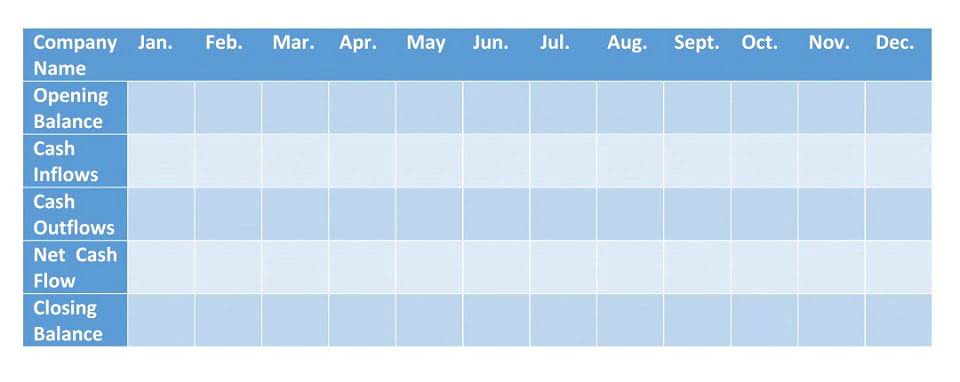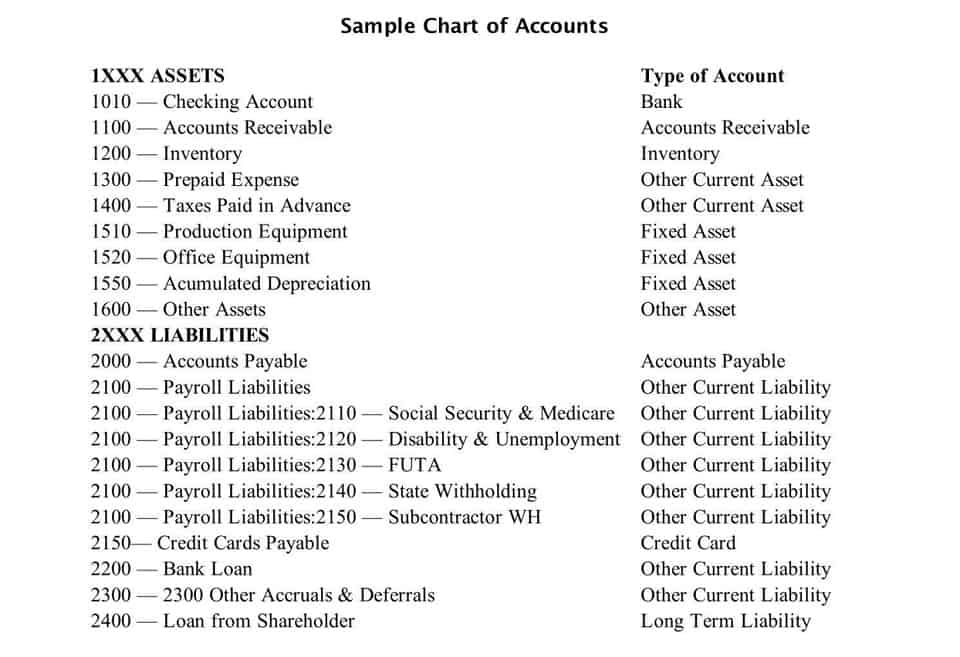
A dividend is a distribution of a portion of a company’s earnings to its shareholders. Dividends are paid out either by cash or additional stock, and they offer a good way for companies to communicate their financial stability and profitability to the corporate sphere in general. Common Stock – Common stock is an equity account that records the amount of money investors initially contributed to the corporation for their ownership in the company.
Do Contra Accounts Have Debit or Credit Balances?
The price paid in excess of the amount accounted for as the cost of the treasury shares shall be attributed to the other elements of the transaction and accounted for according to their substance. If no stated or unstated consideration in addition to the capital stock can be identified, the entire purchase price shall be accounted for as the cost of treasury shares. When dividends are actually paid to shareholders, the $1.5 million is deducted from the dividends payable subsection to account for the reduction in the company’s liabilities.
Example of a Contra Account

These accounts are typically listed under the equity section but are subtracted from the total equity. This presentation helps stakeholders easily identify the reductions in equity and understand their origins. Properly categorizing and presenting these accounts ensures that the financial statements are not only accurate but also user-friendly, facilitating better decision-making for investors and analysts.
Trending in Accounting
Delays in recording stock buybacks or owner withdrawals can result in discrepancies between the actual and reported equity, misleading stakeholders about the company’s financial position. Ensuring timely and accurate entries is essential for maintaining the integrity of financial records. In the evolving landscape of contemporary accounting, managing contra equity accounts has become a critical aspect for businesses aiming to maintain accurate financial records. These accounts play a pivotal role in reflecting reductions in shareholders’ equity and are essential for providing a transparent view of a company’s financial health. Accurately accounting for contra equity accounts is fundamental to maintaining the integrity of financial statements. These accounts require meticulous attention to detail, as they directly impact the representation of a company’s equity.

Contra Account

In a Dutch auction, the company specifies a range, and the number of shares it wishes to repurchase. Shareholders are invited to offer their shares for sale at their personally desired price, within or below this range. The company will then purchase their desired number of shares for the lowest cost possible, by purchasing from shareholders who have offered at the lower end of the range.
- A company can choose the remainder of earnings to be reinvested in the company or to be paid out as dividends.
- After almost a decade of experience in public accounting, he created MyAccountingCourse.com to help people learn accounting & finance, pass the CPA exam, and start their career.
- Companies that do direct repurchases buy shares on the secondary market, just like regular investors do.
- Our writers and editors used an in-house natural language generation platform to assist with portions of this article, allowing them to focus on adding information that is uniquely helpful.
- When a company is doing well and wants to reward its shareholders for their investment, it issues a dividend.
- We do not include the universe of companies or financial offers that may be available to you.
When an owner contributes more money into the business to fund its operations, equity in the company increases. Likewise, if the company produces net income for the year and doesn’t distribute that money to its owner, equity increases. The difference between an asset’s account balance and the is dividends a contra equity account contra account balance is known as the book value. Under the cash method, the treasury account would be debited for $50,000 and cash credited for $50,000. One central thing for Canadians to remember that makes dividends so attractive is that they are taxed at a lower rate than regular income.

